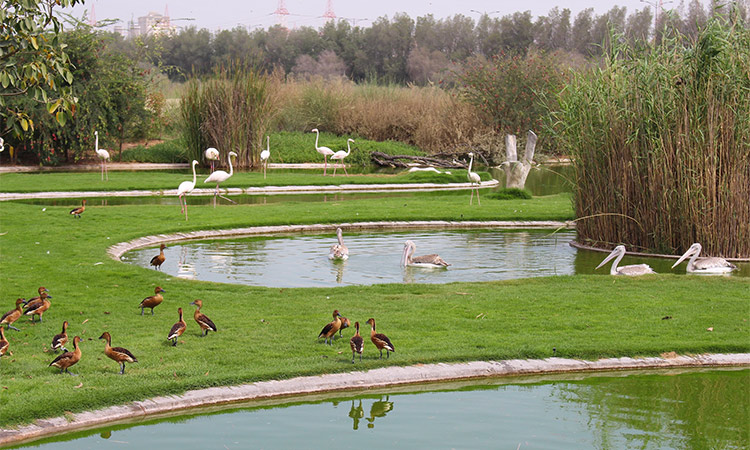On Mother’s Day, taking on a shameful mortality issue

The photo has been used for illustrative purposes.
Rep. Robin Kelly, Tribune News Service
For Mother’s Day, we celebrate our mothers, grandmothers, aunts, stepmothers and all the women who love and nurture us.
There will be brunches and mimosas, cards and flowers, backyard BBQs and fancy dinners. It might just be a quick call saying, “Hey mom, I love you.” Each family will be celebrating their moms in their own special way.
For many of us, the days of spending this holiday with our moms have sadly passed. So, we look back with fondest and some sadness while knowing we are still loved by her even if she’s gone.
But each year, between 700 and 900 American kids begin their lives without moms. These kids will never know their moms or celebrate a Mother’s Day with her because of America’s embarrassing maternal mortality crisis. Perhaps most shocking of all, a recent CDC report shows that 60 per cent of these deaths are entirely preventable.
While hundreds die, thousands suffer severe health complications that can endanger their lives and limit their ability to care for their families. Recently, Serena Williams and Beyonce have boldly spoken out about their personal experiences with these terrifying complications.
As the mother and stepmother of adult daughters, it worries me that it will be more dangerous for them to have a baby today than it was for me to have them more than 20 years ago. On nearly every other health issue, death rates have declined, except for pregnancy and birth-related deaths.
In fact, America is the only developed nation where the number of women dying continues to grow.
We can and must do better because all mommas deserve the chance to be mommas. So, what can be done?
Last year, Congress came together in a moment of bipartisanship to pass the Preventing Maternal Deaths Act. It standardises data and reporting so we have a clearer picture of this crisis. However, new mothers are dying now — every day, including Mother’s Day.
I’ve proposed a comprehensive, multi-pronged approach called the Mothers and Offspring Mortality and Morbidity Awareness (MOMMAs) Act.
It starts by expanding what’s working. It builds on last year’s work to further standardize data and reporting. It also takes the highly successful Alliance for Innovation on Maternal Health (AIM) programme, developed by our nation’s obstetricians and gynecologists, and grows it. AIM’s emergency protocols and best shared practices are already saving mothers’ lives in hundreds of US hospitals; the MOMMAs Act would leverage federal resources to grow this proven program.
It also uses another proven strategy to prevent future deaths: mortality review committees. These committees examine every tragic death in great detail to prevent future ones. When the City of Philadelphia established one, it cut the number of deaths by 75 percent in just one year. Imagine what we could do with a nationwide committee.
The MOMMAs Act also addresses a bizarre gap in current law that prevents many mothers from seeing their doctor. We know that one-third of deaths occur after giving birth. Right now, moms on Medicaid lose their coverage just 60 days after giving birth. But it takes a woman’s body a full year to recover. More than 70 per cent of moms will have some complication within a year of giving birth. These mothers should be able to see their doctors and get the care they need.
While we are seeing approximately the same rate of maternal deaths regardless of a woman’s income, education level or other demographics, the recent CDC report shows that black, American Indian and Native Alaskan mothers are dying at more than three times the rate of white mothers. My bill directly addresses this disparity by pushing for culturally competent care throughout the care continuum.
This week, the world welcomed Archie Harrison Mountbatten-Windsor, the new royal baby, with great fanfare and good news about the health of mom and baby. I want all moms and babies to have the same experience as the royals.
I hope you will join me in working to ensure that everyone gets a chance to know a mother’s warm love and affection. We can prevent mothers from dying — we know how, the question is do we have the will?



